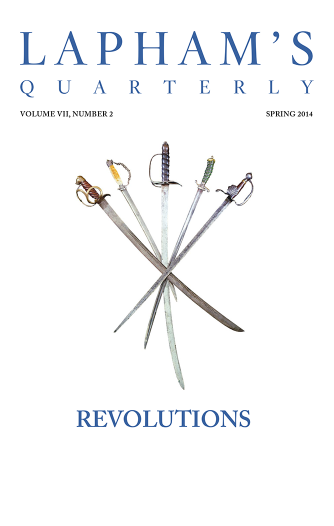It has recently come to our ears, not without great pain to us, that in some parts of upper Germany, as well as in the provinces, cities, territories, regions, and dioceses of Mainz, Cologne, Trier, Salzburg, and Bremen, many persons of both sexes, heedless of their own salvation and forsaking the Catholic faith, give themselves over to devils male and female, and by their incantations, charms, and conjurings, and by other abominable superstitions and sortileges, offenses, crimes, and misdeeds, ruin and cause to perish the offspring of women, the foal of animals, the products of the earth, the grapes of vines, and the fruits of trees, as well as men and women, cattle and flocks and herds and animals of every kind, vineyards and orchards, meadows, pastures, harvests, grains, and other fruits of the earth; that they afflict and torture with dire pains and anguish, both internal and external, these men, women, cattle, flocks, herds, and animals, and hinder men from begetting and women from conceiving, and prevent all consummation of marriage; that, moreover, they deny with sacrilegious lips the faith they received in holy baptism; and that, at the instigation of the enemy of mankind, they do not fear to commit and perpetrate many other abominable offenses and crimes, at the risk of their own souls, to the insult of the divine majesty and to the pernicious example and scandal of multitudes. And, although our beloved sons Heinrich Kramer and Jacobus Sprenger, of the order of Friars Preachers, professors of theology, have been and still are deputed by our apostolic letters as inquisitors of heretical pravity, nevertheless certain of the clergy and of the laity of those parts, seeking to be wise above what is fitting—because in the said letter of deputation the aforesaid places, persons, and offenses in question were not individually and specifically named—do not blush obstinately to assert that these are not at all included in the said parts and that therefore it is illicit for the aforesaid inquisitors to exercise their office of inquisition in the places aforesaid, and that they ought not to be permitted to proceed to the punishment, imprisonment, and correction of the aforesaid persons for the offenses and crimes above named. Wherefore in the places aforesaid such offenses and crimes, not without evident damage to their souls and risk of eternal salvation, go unpunished.
We therefore, desiring, as is our duty, to remove all impediments by which in any way the inquisitors are hindered in the exercise of their office, and to prevent the taint of heretical pravity and of other like evils from spreading their infection to the ruin of others who are innocent, the zeal of religion especially impelling us, in order that the places aforesaid in the parts of upper Germany may not be deprived of the office of inquisition which is their due, do hereby decree, by virtue of our apostolic authority, that it shall be permitted to the inquisitors in these regions to exercise their office of inquisition and to proceed to the correction, imprisonment, and punishment of the aforesaid persons for their said offenses and crimes, in all respects and altogether precisely as if the provinces, cities, territories, places, persons, and offenses aforesaid were expressly named in the said letter.
And they shall also have full and entire liberty to propound and preach to the faithful the word of God, as often as it shall seem to them fitting and proper, in each and all of the parish churches in the said provinces, and to do all things necessary and suitable under the aforesaid circumstances, and likewise freely and fully to carry them out.
Given in Rome, at St. Peter’s, in the year of Our Lord’s incarnation 1484, on the nones of December, in the first year of our pontificate.
From a papal bull. The pope issued this bull after Sprenger, a dean of the University of Cologne, and Kraemer, a professor of theology at the University of Salzburg, complained that local ecclesiastical authorities were not assisting them in stamping out witchcraft. Around 1486 the two Dominican inquisitors completed the Malleus Maleficarum. The book stated that not believing in witches was heresy and advocated torture to procure confessions from the accused.
Back to Issue

